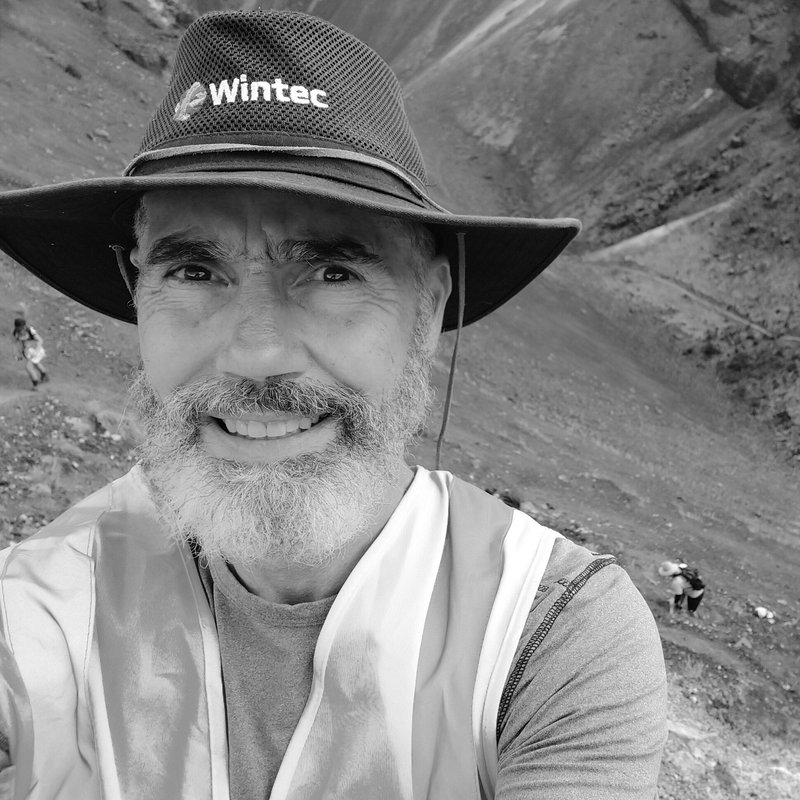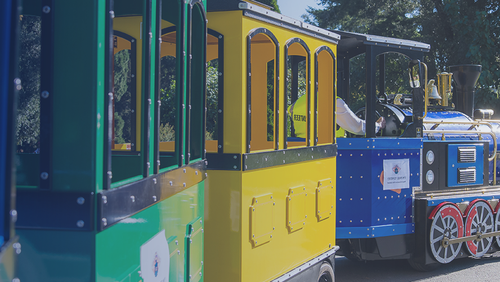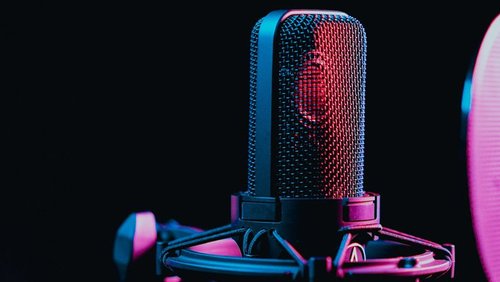14 Jun 2021
This month, we chat with academic Paul Ewart from Wintec's Centre for Engineering and Industrial Design.
What is your role at Wintec?
I’m an academic in the Centre for Engineering and Industrial Design. Half of my time is dedicated to ako teaching and the other half is rangahau research.
My teaching area is Mechanical and materials engineering within the two-year NZ Diploma for Engineering, and three-year Bachelor of Engineering technology programmes. I also kaiako supervise on the Postgraduate and Masters programme of Applied innovation.
Why did you decide to enter the world of academia?
While industry mahi was my first choice after leaving school, a couple of years in I took a position as an engineering research technician for CSIRO in Australia where I became involved in R&D. On my return to NZ I found positions mahi for research technicians were either non-existent or being taken by the PhD qualified.
After a couple of years back in the industry, I was fortunate to get an offer from Waikato University that saw me back into the research environment. During my time there I become involved in ako teaching and completed a PhD of my own, subsequently landing my current mahi at Wintec.
What examples of engineering around Hamilton do you use to teach engineering concepts to your students?
Most often the examples I give are taken from the current industry trends, I try to include the latest relevant topics and blend them in with my ako. For example, Hamilton has a high-tech polymer industry, so I run projects that look at moulding and tool making.
I regularly discuss what skills graduates lack that engineering companies want to see improved, an example being document file management. So I’ve incorporated this into our technical communications and CAD modules. I use examples from the heavy transport industry in the strength of materials module and this year we’ll base learning on the components from the mobile cranes manufactured by a local company.

Paul Ewart
Why do you think professional skills are just as important as technical skills for today’s engineers?
In the last few years, employers have made it clear they want employees that display good interpersonal skills. There's even been media coverage of companies who prefer these skills above qualifications and on the job experience.
At Wintec, our engineering programmes are Engineering New Zealand accredited. Therefore, we don’t only provide students with the engineering knowledge, but ensure they meet the graduate profiles aligned with the Sydney Accord for the two-year diploma, and the Dublin Accord for the three-year degree.
Regardless of the official requirement, our graduates must have the pūkenga skills that enable them to be successful angitu in their personal and professional lives – for the rest of their lives.
What skills have your students taught you?
I learn from them every day – the most recent being patience, listening and empathy. The need for clear and specific communication is at the top – every group of students has different needs, different world views and different expectations.
Why are you a member of Engineering New Zealand?
I remember as a youngster being fascinated by the post-nominals some people had. I also see it as a way of connecting with people who have similar values and aspirations – and it's a mark of quality and accountability. It gives me another avenue to give back to the profession, which I'm very grateful to – as it's allowed me to travel the world and meet many amazing people.
What’s your favourite piece of engineering in Hamilton?
I’m quite enterprising in that I support the newest trend or technology. To that end, I am fascinated with the Perry Te Awa cycle bridge at Horotiu, and more recently the huge APL manufacturing facility just completed in Hautapu.
I'm fascinated by the manufacturing sector in general, where the use of advanced materials and processing technologies is encouraging growth and economic expansions. Innovation park is also an inspiring place that supports innovation through start-up and growth initiatives.
What do you do when you are not teaching?
When I'm not teaching, I’m out 'doing' (and learning). My wife and I like to travel and spend time with family and friends, but we’re currently redecorating, so I’m supposed to be at home doing the mahi with her.
But I’m also big on adventure – so I often take time off to bike, hike and kayak. One exciting trip recently was a combined adventure and community support mission, our local trail club was given the opportunity to hike Mt Tarawera and help clear the maunga of the wilding pines that litter the area. I recommend the experience if anyone gets the opportunity.





